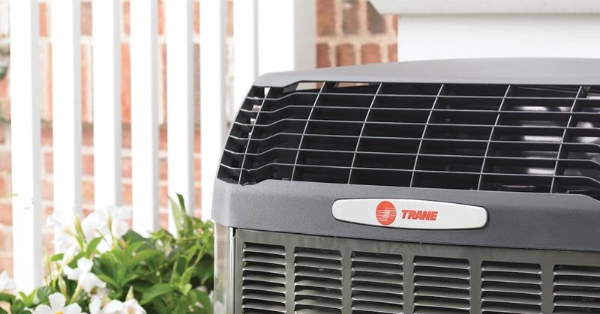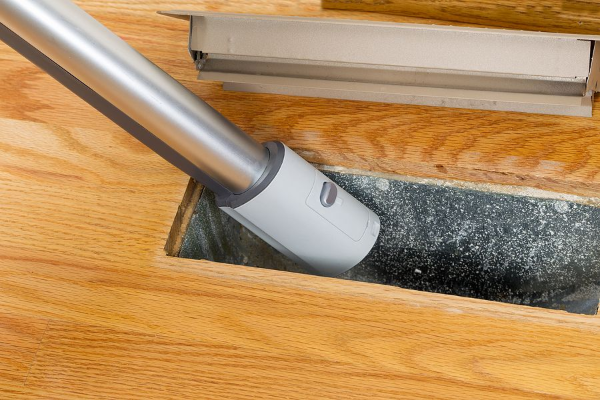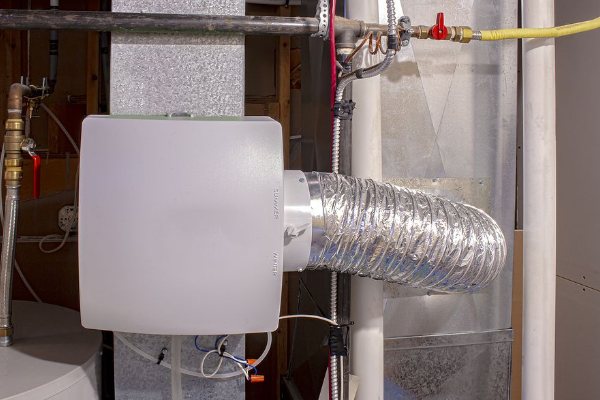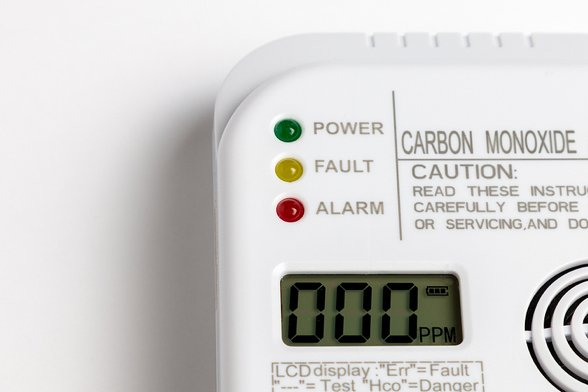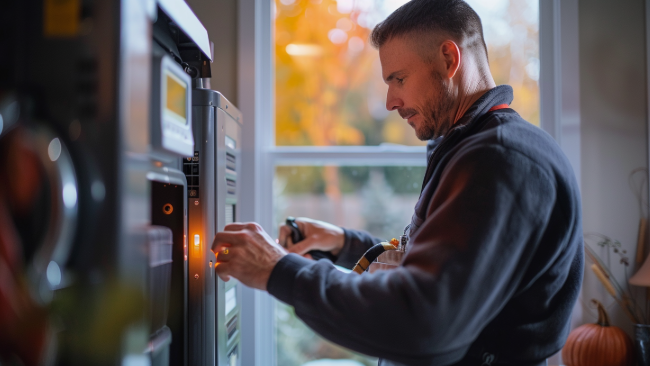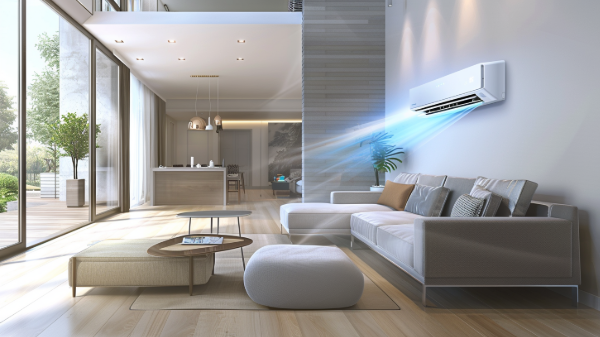Trane HVAC System Review: Is It Worth the Investment?
Choosing the right HVAC system for your home is no small decision. You want something that keeps you comfortable year-round, runs efficiently, and lasts for years without constant repairs. That’s where Trane comes in. Known for its durability and performance, a Trane HVAC system is a top choice for many homeowners, but is it worth it for you?
A Trane HVAC System Review
A Trane HVAC system has a reputation for long-lasting comfort. Before you decide, it’s worth taking a closer look at what these systems offer and whether they’re the right match for your home.
What Does a Trane HVAC System Include?
Trane offers several system options, each designed for different climates and needs.
- Split AC and Heating: This traditional setup includes an air conditioner, furnace, and temperature-regulating coil. It’s a dependable option if you live in an area with very cold winters.
- Split Hybrid Dual Fuel: This system combines a heat pump, furnace, and temperature-regulating coil. It’s the most cost-effective Trane option.
- Split Heat Pump: With a heat pump, air handler, and heat strip, this system is designed for moderate climates. It’s efficient and effective where winters aren’t severe.
Ultimately, the best Trane system for you depends on where you live and the weather conditions your home faces.
How Much Does a Trane HVAC System Cost?
The cost of a Trane HVAC system varies depending on the type of system you choose and your location. Generally, Trane systems are priced on the higher end compared to other brands. While they aren’t the cheapest option, they’re built to last longer and perform better than many lower-cost alternatives. If you’re willing to invest upfront, you’ll likely enjoy fewer headaches and a more reliable system in the long run.
What Are the Pros and Cons of a Trane HVAC System?
Like any major purchase, a Trane HVAC system comes with advantages and disadvantages.
Pros
Here are several reasons why homeowners choose Trane.
- Warranty coverage: A warranty gives you peace of mind, protecting your investment if something goes wrong.
- High SEER ratings: SEER stands for Seasonal Energy Efficiency Ratio, which measures how efficiently your system uses energy. The higher the rating, the more you save on energy bills. Trane systems are known for strong efficiency ratings.
- Quieter operation: No one wants a system that rattles and hums constantly. Trane units are engineered to run quietly, which makes a big difference over the years.
Overall, Trane delivers performance, efficiency, and comfort.
Cons
There are a few considerations to take into account when deciding if a Trane system is right for you.
- Higher upfront costs: These systems are on the expensive side, but they aren’t out of reach compared to other high-end brands.
- Professional maintenance and installation: Trane systems are not DIY-friendly. They require professional installation and regular upkeep from qualified HVAC contractors.
- High repair costs: While Trane systems don’t break down often, repairs can be pricey if they do.
In short, if you’re willing to spend more upfront, a Trane system is a solid investment.
Is a Trane HVAC System Worth It?
Yes, Trane HVAC systems are worth it. Their energy efficiency, durability, and reliability make them a strong choice for homeowners. Whether you face blazing summers or freezing winters, Trane systems are built to perform under pressure.
Factors That Will Affect the Longevity and Performance of a Trane HVAC System
Even the best system needs the right conditions to thrive. Several factors will influence how well your Trane HVAC system performs and how long it lasts.
- Routine Maintenance: Regular tune-ups keep your system running efficiently and prevent small issues from becoming big problems.
- Installation Quality: A Trane system is only as good as the contractor who installs it. Choosing an experienced, certified HVAC professional ensures your unit works properly and lasts longer.
- Environmental Conditions: Your surroundings matter. Dusty environments, salty seaside air, or other harsh conditions can wear down a system faster without proper care.
If you take care of it, a well-chosen Trane system can adapt to your home’s unique conditions, giving you both comfort and efficiency that last well beyond the installation day.
Let Next Level HVAC Help You Choose and Install Your New HVAC System
Having a high-quality HVAC system is only half the equation. You also need a skilled contractor to install and maintain it. At Next Level HVAC, we know how to get the best performance out of your HVAC system. Our team has the expertise and experience to make sure your investment pays off for years to come. Reach out to us today, and let’s get started on making your home more comfortable.

